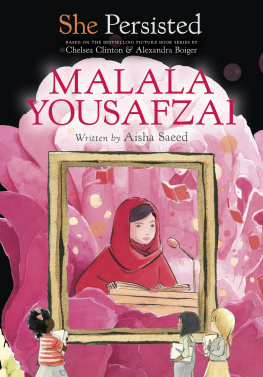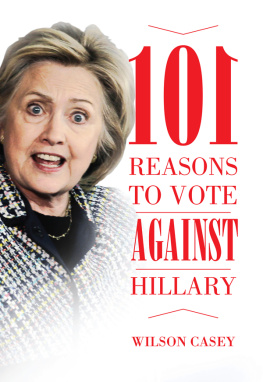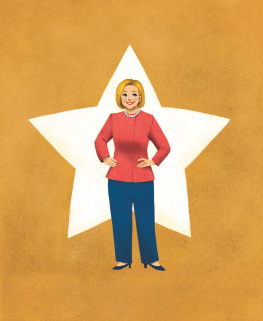
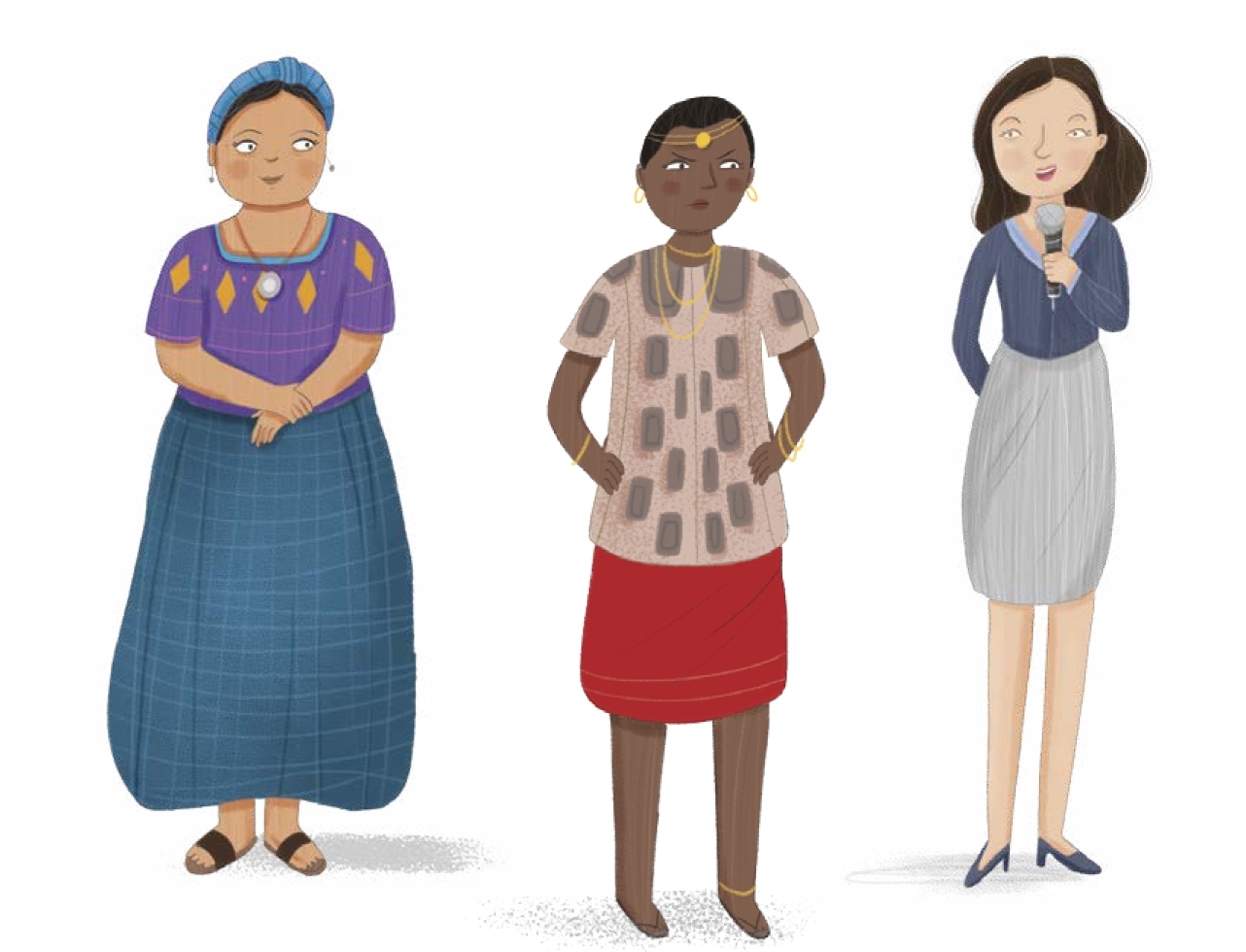
Please visit our website, www.garethstevens.com. For a free color catalog of all our high-quality books, call toll free 1-800-542-2595 or fax 1-877-542-2596.
Cataloging-in-Publication Data
Names: Adams, Julia. | Wright, Louise.
Title: Activists and leaders / Julia Adams, illustrated by Louise Wright.
Description: New York: Gareth Stevens Publishing, 2020. | Series: Women who made history | Includes glossary and index.
Identifiers: ISBN 9781538243039 (pbk.) | ISBN 9781538243046 (library bound)
Subjects: LCSH: Women social reformers--Juvenile literature. | Women political activists--Juvenile literature.
Classification: LCC HQ1236.A33 2020 | DDC 920.72 B--dc23
First Edition
Published in 2020 by
Gareth Stevens Publishing
111 East 14th Street, Suite 349
New York, NY 10003
Copyright Arcturus Holdings Ltd, 2020
Author: Julia Adams
Illustrator: Louise Wright
Designer: Sally Bond
Editor: Susannah Bailey
All rights reserved. No part of this book may be reproduced in any form without permission in writing from the publisher, except by a reviewer.
Printed in the United States of America
CPSIA compliance information: Batch #CS19GS: For further information contact Gareth Stevens, New York, New York at 1-800-542-2595.
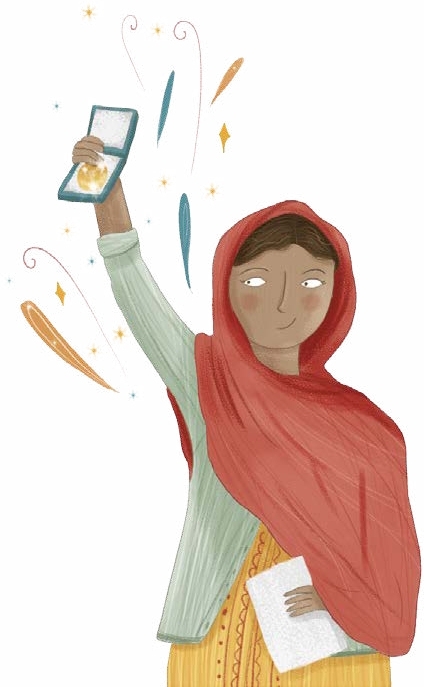
CONTENTS
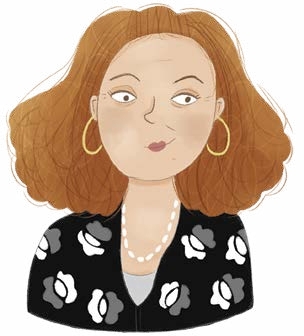
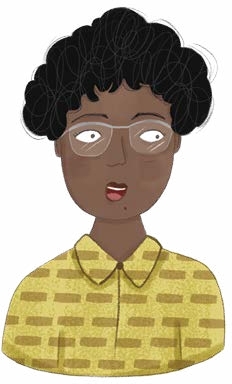
AWESOME WOMEN
The course of history is packed with stories of women overcoming odds, defying expectations, and shattering stereotypes. Yet, all too often, their contribution has been overlooked, underplayed, or just forgotten.
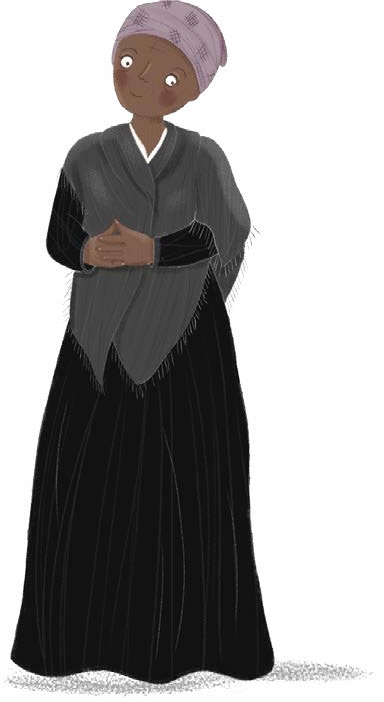
Harriet Tubman, (page 12)
Many cultures have believed (or still believe) that women do not need an education, cannot be trusted with leadership, are physically inferior, and are intellectually weak. Men have been privileged, and this means that they have been the worlds default decision-makers and history writers.
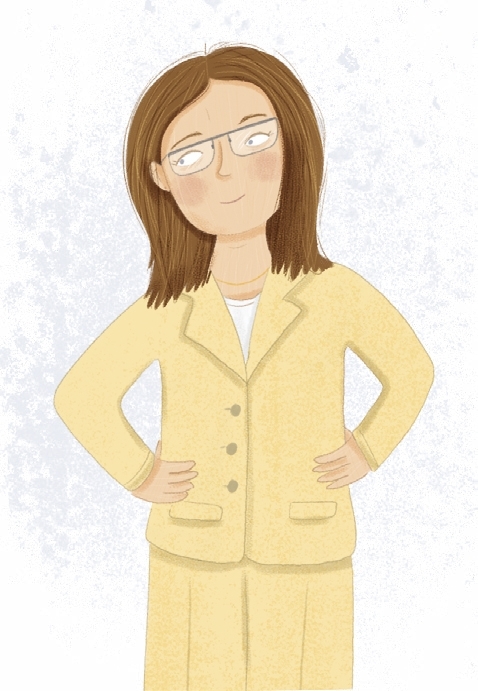
Graa Foster, (page 29)
VOTES FOR WOMEN
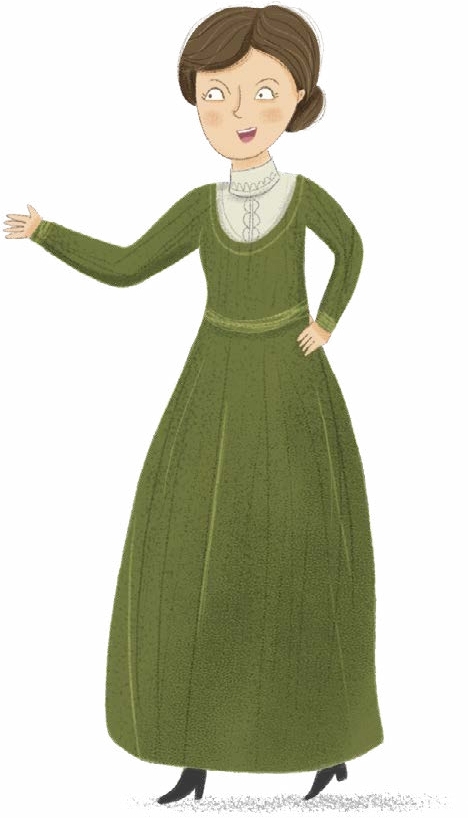
Emmeline Pankhurst (pages 34-35)
Women, however, have been achieving greatness even when everything seemed against them. The leaders and activists in this book are by no means the definitive list of female historymakers, nor are they perfect and without fault, but they are pioneers who stood out, made a difference, and proved without a doubt that they were just as capable as men. Their contributions, both to their field and as an inspiration to others, are worthy of celebration. And that is what this book aims to do.
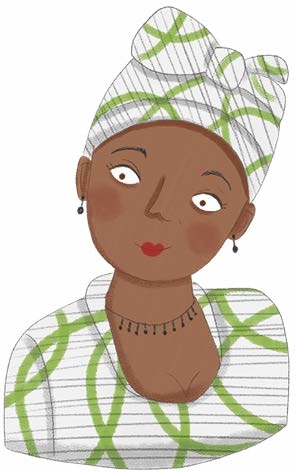
Leymah Gbowee, (page 40)
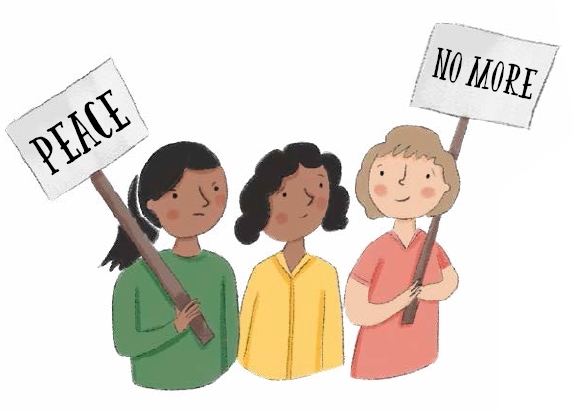
ACTIVISTS AND LEADERS
In early cultures, women often had equal status to men they could be warriors, priestesses, and leaders. But some ancient civilizations, such as Greece and Rome, were founded on different principles. They believed, quite wrongly, that men were natural leaders and that women should stay at home. This harmful point of view persisted for centuries.
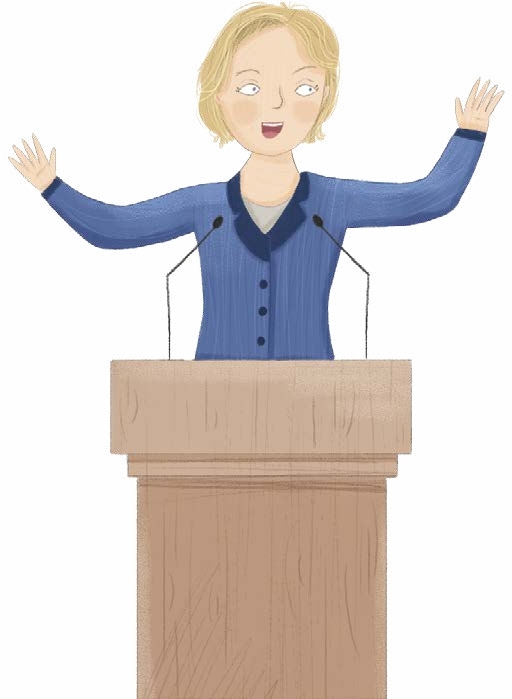
Hillary Clinton (pages 14-15)
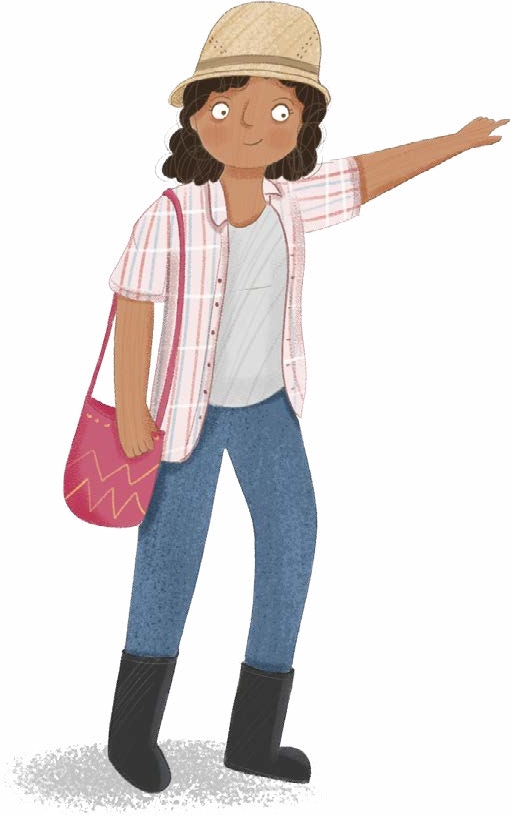
Berta Cceres, (pages 30-31)
Of course, women are just as capable as men and always have been. This book studies strong and clear-sighted queens, politicians, businesswomen, and activists. They have led countries, companies, communities, and campaigns.
As well as doing their job, many of these women have faced and tackled prejudice. Some worked their way up from poor, disadvantaged backgrounds. They all succeeded against the odds.
These activists and politicians were determined to improve the world they lived in. And they were committed to do whatever it took to make changes.
All these women believed in themselves, worked hard to achieve their goals, and never gave up. Through their efforts and example, they inspired more women to follow their lead. Many of them left the world a safer, fairer place than they found it.
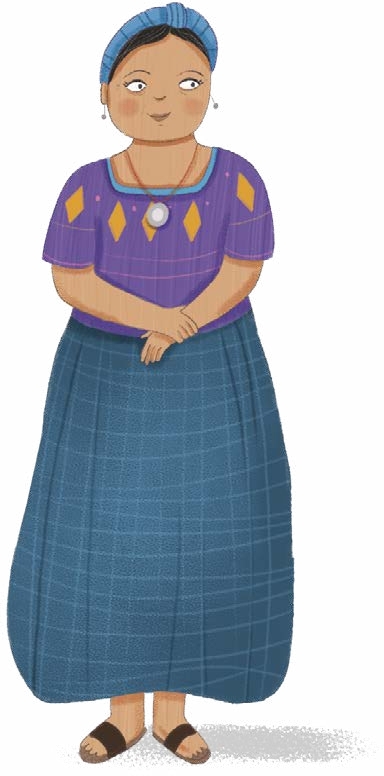
Rigoberta Mench (pages 36-37)
MAKING HISTORY
Although history books seem to be packed with powerful male warriors, there are women who belong in those pages, too. Ancient history was recorded only by the very few people able to read and write, so records are scarce. Much of ancient history comes to us in the forms of myths and legends: fantastic stories of incredible deeds some with more fiction than fact!
BOUDICCA
(c.30c.60 CE)
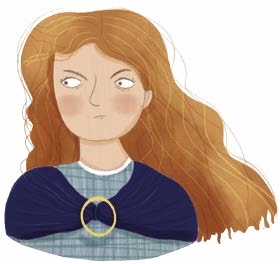
I n the years 43 to 410 ce, Britain was occupied by the forces of the powerful Roman Empire. It was a time of unrest as the Romans tried to rule over the nation. One of the strongest revolts was led by a woman, Boudicca.
Boudicca was part of the Iceni tribe, who lived in what is now Norfolk, England. She was married to Prasutagus, king of the Iceni. The Romans had allowed the king to govern his own lands. When he died with no male successor, he left his kingdom and wealth to his daughters and to the Roman Emperor. He hoped that the Romans would allow the Iceni to continue to rule themselves.
The Romans had different ideas. They wanted to take over the Iceni lands and treated Boudicca and her daughters brutally. Boudicca would not stand for this! She raised her tribe and many others into rebellion against the Romans.
It was a devastating revolt. Boudiccas army grew to 100,000, and they burned and destroyed the towns of Camulodnum (now Colchester), Verulamium (now St. Albans), and part of Londinium (London). Thousands were killed, including Romans and Britons who supported them.
Finally, the Roman army met Boudiccas rebel forces and defeated them. Boudicca died soon afterwards. Today, a statue of her and her daughters stands in London.
Next page








